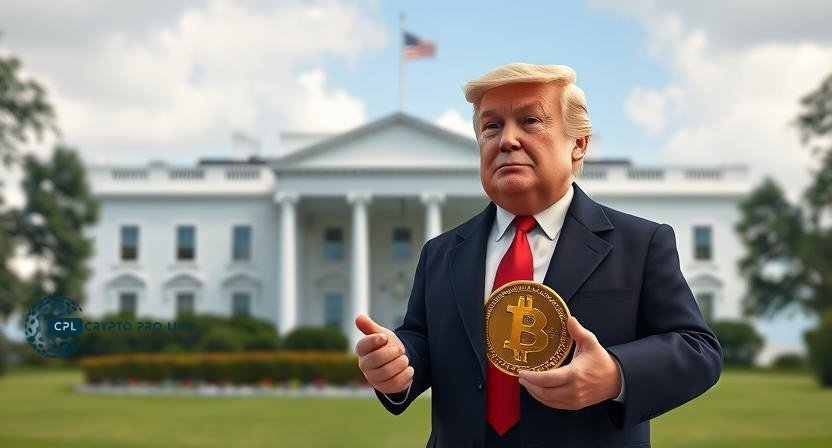In a landmark move poised to reshape the global cryptocurrency landscape, President Donald Trump convened the inaugural White House Crypto Summit on March 7, 2025. This event underscores the administration’s commitment to positioning the United States at the forefront of digital financial innovation.
Establishment of the Strategic Bitcoin Reserve
The summit follows President Trump’s recent executive order to create a Strategic Bitcoin Reserve. This reserve will encompass approximately 200,000 bitcoins, valued at an estimated $17 billion, accumulated through criminal and civil asset forfeitures. The initiative aims to legitimize the cryptocurrency sector, attract industry activity to the U.S., and diversify government financial assets. The reserve will also include other digital assets such as Ethereum (ETH), Ripple (XRP), Solana (SOL), and Cardano (ADA), collectively forming a comprehensive digital asset stockpile.
Appointment of the ‘Crypto Czar’
To spearhead this ambitious endeavor, President Trump appointed venture capitalist David Sacks as the “Crypto Czar.” Sacks is tasked with consolidating and managing cryptocurrencies across various federal agencies, ensuring cohesive and effective oversight of the nation’s digital asset strategy.
White House Crypto Summit Highlights
The summit brought together prominent figures from the cryptocurrency industry, including Michael Saylor, CEO of MicroStrategy, and Zach Witkoff of World Liberty Financial. Discussions centered on the integration of digital assets into the U.S. financial system, regulatory frameworks, and strategies to bolster America’s competitiveness in the rapidly evolving crypto market.
Market Reactions and Future Implications
The announcement of the Strategic Bitcoin Reserve has elicited mixed reactions in the cryptocurrency markets. Initially, Bitcoin experienced a 5.7% decline but subsequently regained most of its losses, stabilizing around $89,410. This volatility reflects both the market’s sensitivity to regulatory developments and the potential long-term benefits of institutional adoption.
Critics caution that the government’s involvement in cryptocurrency markets could introduce new dynamics, potentially influencing asset valuations and market stability. However, proponents argue that such measures are essential for establishing a robust regulatory environment that fosters innovation while protecting investors.
President Trump’s proactive approach to integrating cryptocurrencies into national financial strategies marks a pivotal moment in the evolution of digital assets. By establishing the Strategic Bitcoin Reserve and engaging directly with industry leaders, the administration signals its intent to lead in the global crypto arena. As these initiatives unfold, they are expected to have profound implications for the future of finance, both domestically and internationally.



















